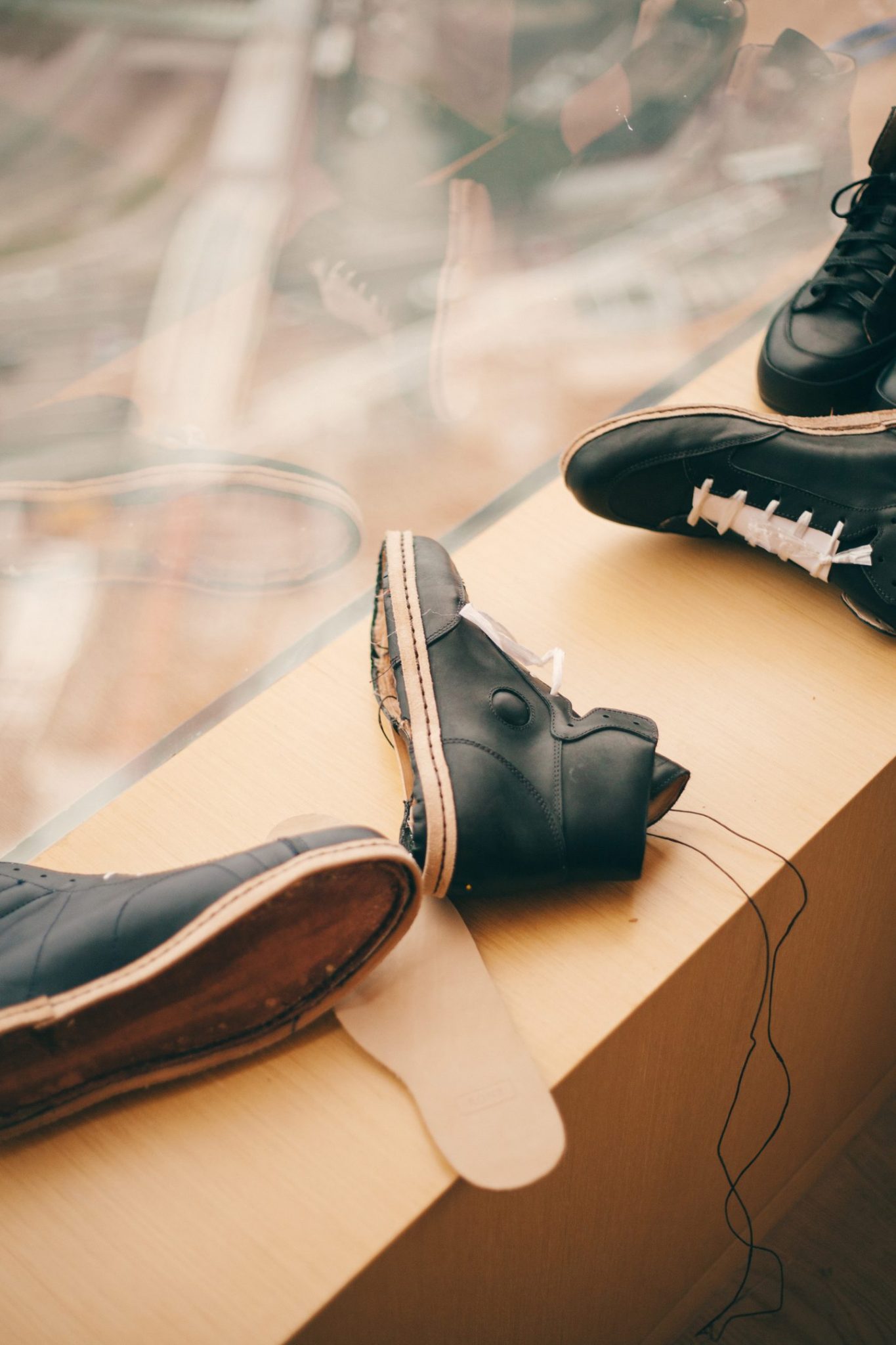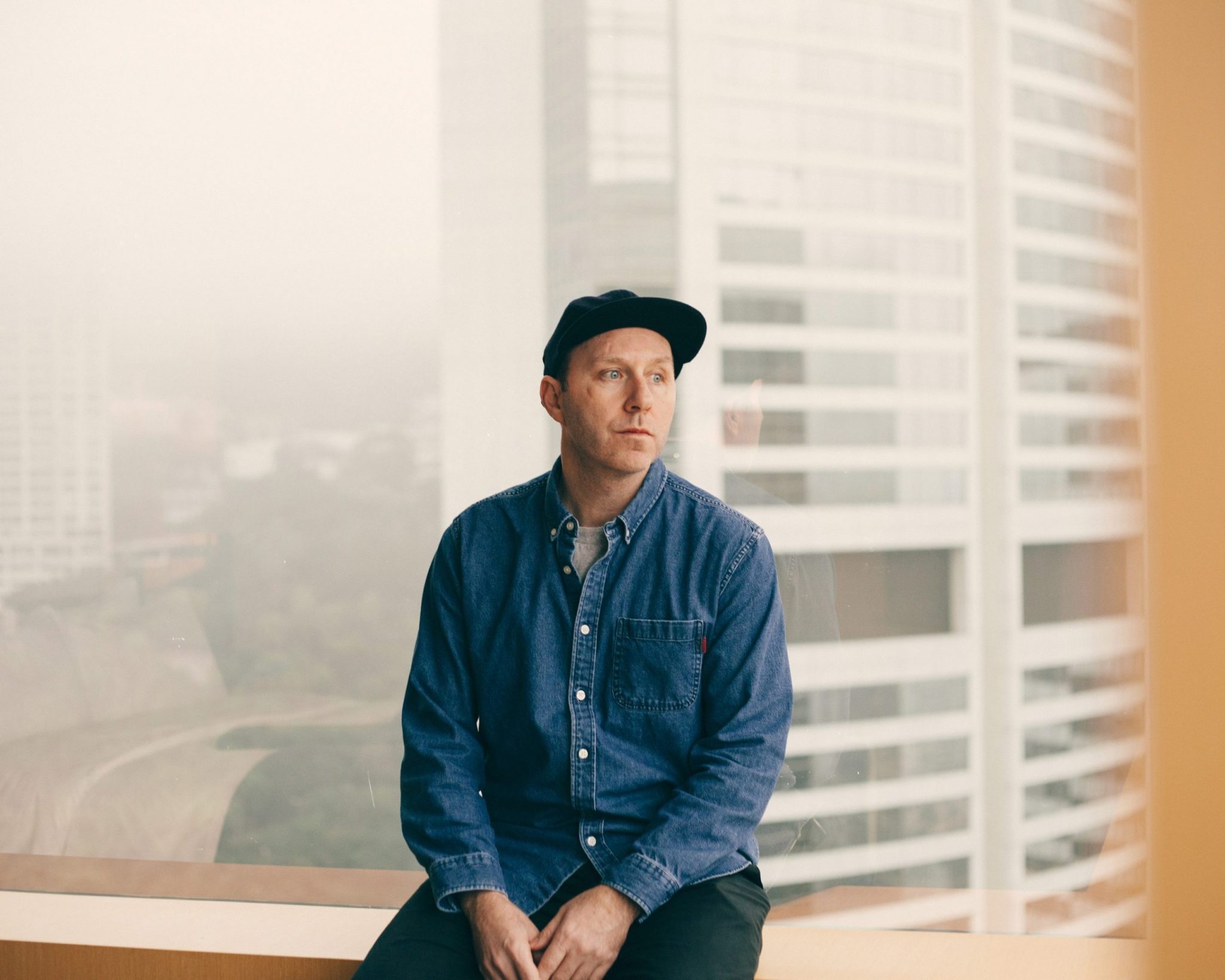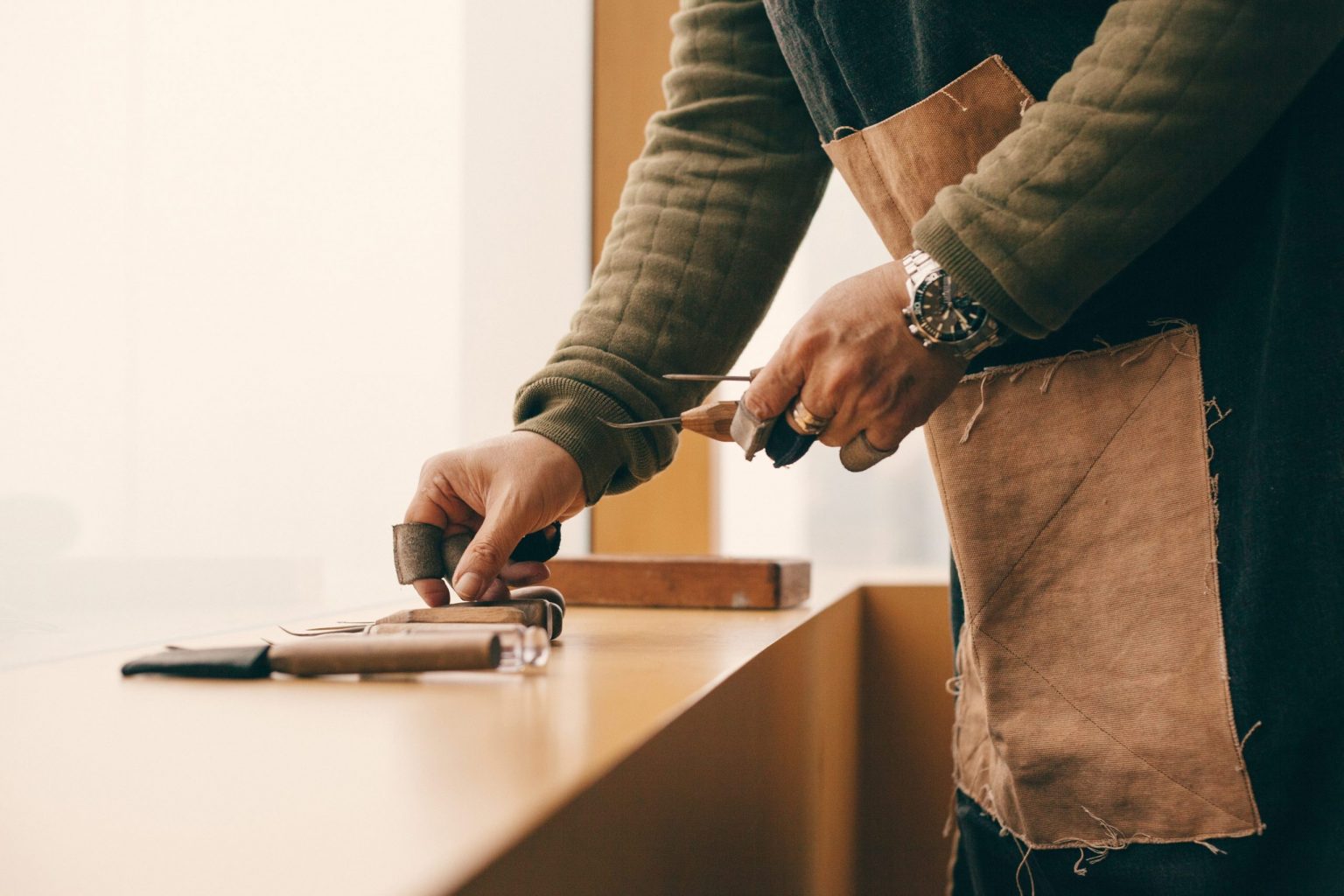“Skateboarding was freedom and creativity.” Soft-spoken and unassuming, Tony Ferguson found a powerful medium for self-expression through skateboarding.
“Skateboarding was freedom and creativity.”
Soft-spoken and unassuming, Tony Ferguson found a powerful medium for self-expression through skateboarding.
He also developed a love footwear through the natural relationship between your shoes and your setup. His early talents skateboarding led him to pro contracts with the likes of Real Skateboards, Plan B, and Girl Skateboards.
After a rewarding career came to a close in 2005, he immediately entered the realm of footwear. He helped with seminal New York brand Alife, who at the time were very much a major player in the world of streetwear. Their initial foray into footwear was successful before a series of missteps ultimately derailed their efforts. Ferguson would continue to help consult footwear brands, but he was adamant about starting his own label. It all culminated with the launch of RONE.
Skateboarding has traditionally operated on the low-end of the spectrum. It prided itself on being anti-culture and to exist on the periphery of society. The youthful approach of skateboarding has bred many important and successful independent thinkers who have gone onto careers after skating.
“When you’re skating professionally, you’re your own boss. We were such outcasts, you had to figure out your own way.”
The natural evolution after a career skateboarding is to parlay its attitude. From there you begin adding structure around the creative musings. Ferguson put to use over a quarter century of footwear experience. He wanted to extract parts of his lifestyle into a more sophisticated product.
“The idea was to do handmade shoes with the best available materials. I was fortunate to meet a master craftsman who was on board with the project. It was just a great fit.”
A big point of contention for RONE’s offering is their dedication to the lasting process. Handmade artisanal offerings will never exceed their industrious manufacturing counterparts. When you slow down the process, the product reaps the benefits.
Witnessing the handmade process first hand is calming. It lacks the cold and sterile repetition of a factory machine. With each repeated step, the hand’s movement changes ever so slightly. A bit more pressure this time. A more impactful swing of the hammer that time. The imperfections and small subtle differences are welcome.
“When you’re talking about handmade shoes, it’s a couple of things. You’re referring to whether it’s mass die cut or you’re cutting it by hand. Another big part is the lasting. A machine would just last a shoe for a few minutes. We hand last a shoe and for anywhere between a week and 10 days and we let it sit in a heated room. It allows the shape to perfect.”

RONE’s handmade approach ensures a high-quality final product with thought and consideration every step of the way.

Tony Ferguson and RONE provides him with a new opportunity to express what skateboarding of the past and present means to him.

A master craftsman with several decades of experience oversees RONE’s production.
There’s also a distinctly human touch in the whole process. The hand operates by touch and feel in the lasting process. The eyes offer an experienced visual assessment of the hide. They’re all factors that go into making a handmade shoe. Ferguson mentions, “When you’re working with handmade shoes, you need to work closely with the materials. When you have a hide of leather, it has natural markings. When you’re using pigment-dyed chrome leathers, it’s just stamp, stamp, stamp. You have to be very aware, it has a human touch.”
Ferguson’s experience in the footwear industry inspired him to create a more environmentally-sustainable shoe. Traditional production methods have had a significant impact on the local production environment. RONE was interested in not only making “the best product possible but also being aware of the environmental impact. Working with the manufacturer I am, we’re using naturally tanned leathers, water-based glues and not using harmful chemicals.”
“Handmade artisanal offerings will never exceed their industrious manufacturing counterparts. When you slow down the process, the product reaps the benefits.”
RONE and Ferguson’s desire is to create a skate-inspired product that provides a sense of quality and luxury. It’s a concept that has rarely been done with authenticity. There’s been a slew of appropriations courtesy of high fashion, but few were invested in skateboarding from its seminal and less desirable days.
When the line launched, it was met with confusion. Traditional followers of Ferguson scoffed at what they incorrectly perceived as a $600 shoe for skateboarding. They were wrong in the assessment and took the brand literally as a former pro skateboarder creating a skate shoe brand.
“It’s not for everyone. If you don’t get the price or the craftsmanship, it’s not for you. A lot of things we launch with are inspired by the ‘90s. A lot of skaters have grown up, but there isn’t anything that speaks to them.”
But returning back to the notion of a luxury, skate-inspired footwear brand. Skepticism is often seen when you enter a new market or create a space for yourself. On the other hand, entering a place with history offers a point of reference and sustainability.
And having players, or just a singular entity suggests a viable opportunity. Ferguson knew that it didn’t really matter in his eyes whether somebody had created a luxury, skate-inspired shoe.
Ferguson had all the makings of a foundation that would hopefully set himself up for success, through a career spent skateboarding and another rewarding second life in footwear.
Interestingly enough, footwear and skateboarding as industries share some commonalities in what it takes to succeed.
“Footwear has taught me about determination, you basically have to fail before you succeed.”
It just so happens, Ferguson and RONE are confident in the failures that will lead them to the successes.
“Everybody will tell you not to do it but they’ve never done it. You just have to trust yourself.”





























